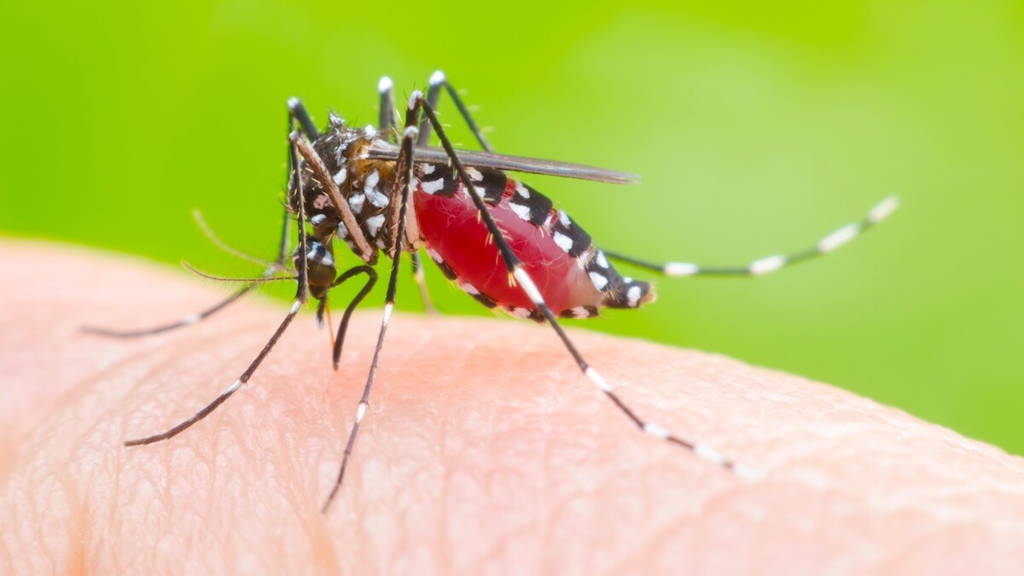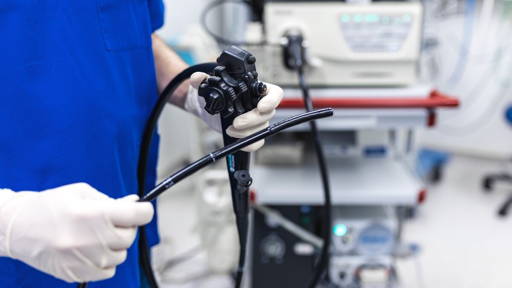Researchers at Northeastern University have developed a machine learning model that can predict dengue outbreaks with 80 per cent accuracy. This breakthrough offers new opportunities for preventive healthcare in regions where the mosquito-borne virus is becoming increasingly prevalent.
Globally, nearly half of the population is at risk of dengue, and the number of cases was expected to double in the past two years. Using so called ensemble-methods, the researchers combine multiple prediction models to arrive at the most reliable prediction. They look at which models perform best over a three-month period for each region, enabling decision-makers to anticipate upcoming outbreaks in a targeted manner.
‘We want to reduce the cognitive burden on policymakers and provide reliable predictions, even with incomplete data,’ said Mauricio Santillana, professor of physics and director of the Machine Intelligence Group for the Betterment of Health and the Environment.
AI models tested worldwide
The models were tested at 180 locations worldwide, including Brazil, Thailand, Mexico and Puerto Rico. Even in areas with limited testing capacity or delayed reporting, the AI models consistently scored high on accuracy.
In addition, the scientists investigated regional patterns of dengue distribution in North and South America. Data from 14 countries showed that outbreaks often spread across the continent in waves, from the southern hemisphere early in the year to the north in the following months.
‘Health authorities can learn a lot by looking at outbreaks in neighbouring countries. The interaction between climate, human mobility and local infrastructure plays a key role in this,’ said Michael Johansson, professor of public health research at Northeastern University. The results of the study were published in Proceedings of the National Academy of Sciences.
Faster (preventive) action
The researchers emphasise that better monitoring of regional trends, combined with smart, AI-driven analytics, enables healthcare professionals to act faster and take preventive measures. These include strengthening testing capacity, providing information or targeted vector control in the right place at the right time.
With the increasing importance of data-driven healthcare, this approach offers a promising perspective on proactive infectious disease control, with technology as a crucial ally in the fight against dengue.
AI in the fight against malaria
In addition to dengue, malaria is still a problem in large parts of the world, and as early as 2023, successful research was conducted into an AI-driven solution for detecting malaria parasites in the blood. Researchers at University College London Hospitals (UCLH) demonstrated that an automated microscope system, combined with AI, can detect malaria parasites in blood samples with 88 per cent accuracy. This approach is a promising addition to traditional microscopic diagnostics, which are labour-intensive and require expertise.
The AI system correctly identified 99 of the 113 positive cases, but also produced 122 false positives. Despite these limitations, the researchers saw potential in the technology to reduce the workload of microscopists and make diagnostics widely applicabl









